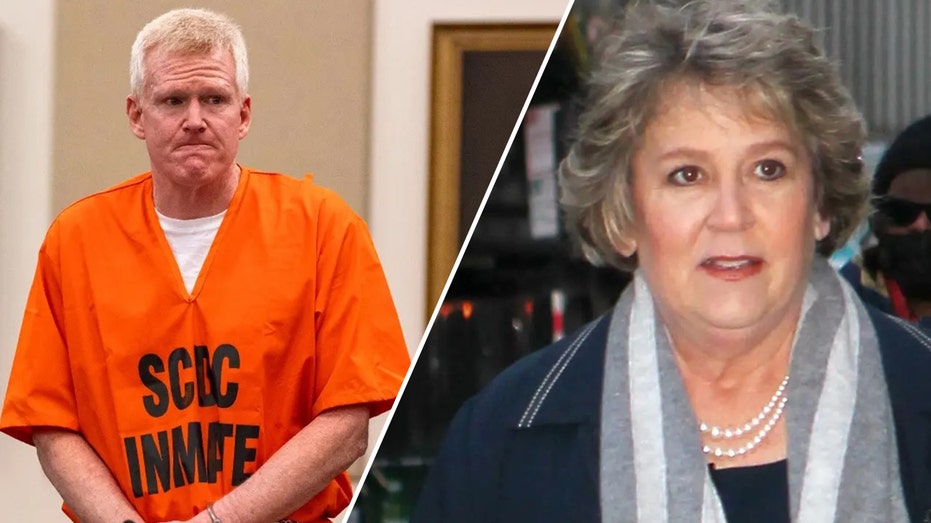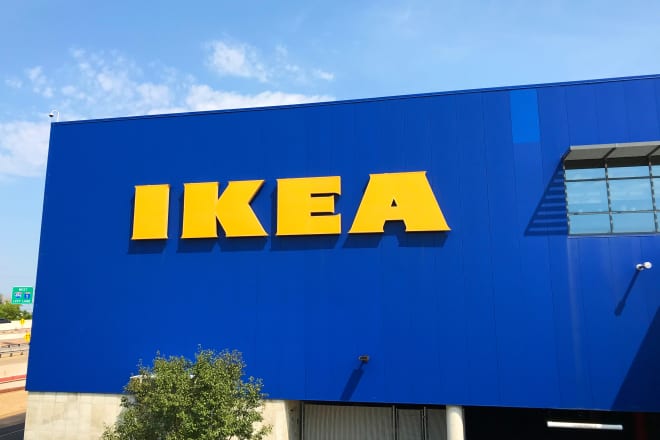House Republicans cut green programs, boost fossil fuels in budget bill
The House Energy and Commerce Committee’s text for Republicans' “big, beautiful bill” to advance President Trump's agenda and fund the government slashes a number of green programs and regulations — and seeks to bolster fossil fuels. The legislation targets a number of programs passed by Democrats in their 2022 climate, tax and health care bill,...

The House Energy and Commerce Committee’s text for Republicans' “big, beautiful bill” to advance President Trump's agenda and fund the government slashes a number of green programs and regulations — and seeks to bolster fossil fuels.
The legislation targets a number of programs passed by Democrats in their 2022 climate, tax and health care bill, including funding for the Energy Department’s loans office, which gives loans to companies developing emerging energy technology — especially low-carbon tech.
It also claws back numerous Environmental Protection Agency (EPA) programs, including hotly contested “green bank” funding, a $20 billion program that gave money to financing institutions so they can support climate-friendly projects.
Other EPA programs targeted include a “methane fee” that charges oil and gas companies for excess emissions during production, as well as programs that seek to provide monitoring outside of polluting facilities and address air pollution at schools.
It also repeals a $3 billion dollar grant program that funds efforts that seeks to reduce air pollution and planet-warming emissions in disadvantged communities.
In addition, the text repeals Biden-era rules expected to push the market toward electric vehicles. These rules could also be repealed by the Trump administration, but it appears that lawmakers view a legislative solution as a faster way to get the regulations off the books.
The legislation also sets up a program to guarantee approvals for natural gas export projects. Under the program, companies pay $1 million and once that money is received the project “shall be deemed to be in the public interest” and approved “without modification or delay.’’
Typically, the Energy Department reviews gas export projects to determine whether or not they should be approved. Though the department has never actually denied a permit, this process provides some scrutiny to projects and allows the department to require mitigation to environmental or other negative impacts that a project may have.
The law also sets up programs to allow companies to pay for expedited approvals of pipelines carrying oil, gas, hydrogen or carbon dioxide as well as for gas export projects, from the independent Federal Energy Regulatory Commission.
The text of the legislation was released ahead of a markup this week as Republicans seek to push their legislation across the finish line. They are pursuing legislation through a process known as budget reconciliation, which allows passage with a simple majority, avoiding the Senate’s 60-vote threshold.
Democrats similarly used this process in 2022 to pass their climate, tax and healthcare bill. In an op-ed on Sunday, House Energy and Commerce Chairman Brett Guthrie (R-Ky.) described the legislation as a “common sense budget reconciliation bill.”
“This bill would claw back money headed for green boondoggles through ‘environmental and climate justice block grants’” and other spending mechanisms through the Environmental Protection Agency and Energy Department,” Guthrie wrote.
“The legislation would reverse the most reckless parts of the engorged climate spending in the misnamed Inflation Reduction Act, returning $6.5 billion in unspent funds,” he added.
Environmental activists, meanwhile, criticized the bill.
“Republicans are charging ahead with a reckless assault on the progress we’ve made in deploying cheaper, cleaner energy,” said Lena Moffitt, executive director of Evergreen Action, in a written statement.
“Their attack on Clean Air Act pollution standards would mean more smog in our streets while Americans pay more at the pump. Slashing the Environmental Justice Block Grants Program would force low-income communities to pay more for dirtier energy,” Moffitt added.















_Gang_Liu_Alamy.jpg?width=1280&auto=webp&quality=80&disable=upscale#)

_KristofferTripplaar_Alamy_.jpg?width=1280&auto=webp&quality=80&disable=upscale#)




















































